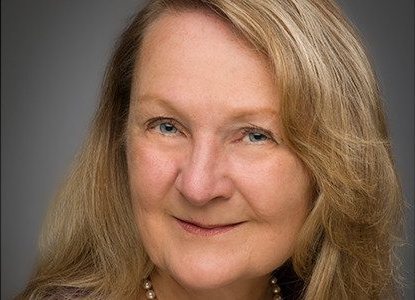University Opera 2025/26 Productions
Each year, we present an annual season of two fully staged operas, as well as evenings of opera scenes and one-act operas.
Le nozze di Figaro (The Marriage of Figaro) - Nov. 21-25, 2025 - Music Hall
Purchase tickets
General Public: $32
Seniors: $27
UW–Madison Students: $10
Le nozze di Figaro (The Marriage of Figaro)
Music by W. A. Mozart
Libretto by Lorenzo da Ponte
David Ronis, Director
Oriol Sans, Conductor
Friday, November 21, 7:30 pm
Saturday, November 22, 7:30 pm
Sunday, November 23, 2 pm
Tuesday, November 25, 7:30 pm
Music Hall
Le nozze di Figaro (The Marriage of Figaro) is not only one of Mozart’s most famous masterpieces, but it is arguably one of the great works of western culture. With a sublime score, hilarious comedy, and deeply human characterizations, it never fails to please. Based on Pierre Beaumarchais’ paradigm-changing play, Figaro features realistic portraits of 18th century aristocrats and servants and mirrors the burgeoning revolutionary spirit in France in the 1780s. But it’s the story and the score that really hook us.
Count Almaviva wants to revive the “droit du Seigneur,” the right of a lord to bed a servant’s bride on her wedding night and Susanna, his wife’s maid and confidant, is his current target. Figaro and Susanna, along with the Countess, devise a plan to thwart the Count’s advances and expose his inappropriate behavior. Add Mozart’s score, a group of colorful supporting characters, plus additional plot twists and turns into the mix and you have the ingredients for a wonderful, enlightening, and moving theatrical experience.
Our Town - March 20-24, 2026 - Music Hall
Our Town
Music by Ned Rorem
Libretto by J. D. McClatchy
Based on the play by Thornton Wilder
Friday, March 20, 7:30 pm
Saturday, March 21, 7:30 pm
Sunday, March 22, 2 pm
Tuesday, March 24, 7:30 pm
Music Hall
Ned Rorem beautifully captures the atmosphere of Grover’s Corners, New Hampshire at the turn of the 20th century in his operatic treatment of Thornton Wilder’s seminal play. His harmonic language juxtaposes an open feeling of Americana with dissonance, an apt setting for this tale. The Stage Manager character narrates the familiar story following young George Gibbs and Emily Webbs and their parents as they fall in love and get married. And the last act’s poignant denouement occurs in the same way as it does in the play, as the dead remind us that life is short and we need to cherish it.
Panel discussion
Free | No ticket required
Open to the public
March 22, 2026 at 12:30 pm
Music Hall
Panelists: Professor Mary Trotter (Department of Interdisciplinary Theatre Studies, UW–Madison), Professor Oriol Sans (Director of Orchestral Activities, UW–Madison), Chip Kidd (VP Art Director, Knopf Imprint Group, Penguin Random House Publishing), Ruby Dudasik (Ph.D. Candidate in Interdisciplinary Theatre Studies, UW-Madison, Production Dramaturg)
Moderator: David Ronis
Opera Workshop - December 2, 2025 and April 14, 2026 - Music Hall
Opera Workshop
December 2, 2025 and April 14, 2026
Music Hall
Free | No ticket required
Opera students perform a variety of scenes from opera and musical theatre.





